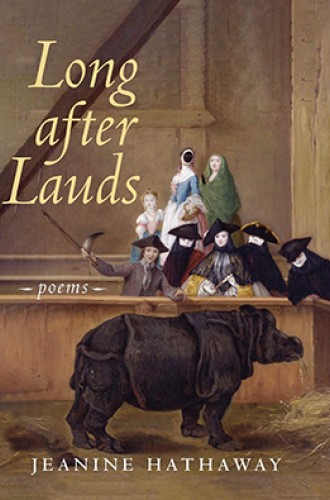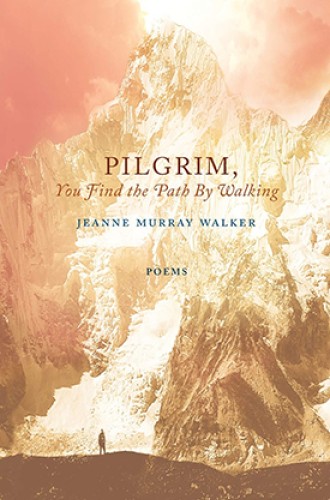There could not be a more fitting title for Jeanine Hathaway’s new poetry collection than Long after Lauds. Lauds is a monastic morning prayer, and Hathaway was a Dominican nun for nine years starting in 1963. Lauds is also Latin for “praise,” and these poems probe what God and human life are like long after you can simply praise them.
With delightful wit and grace, Hathaway explores in these poems what it means to live a secular life after being grounded in Christian community. Take “Routing,” a poem that pictures a sister’s brain, preserved for research on Alzheimer’s disease, “in a plastic tub shipped on the UPS truck next to my / high-fashion catalog choice.” The poet then plays with the concept of choice: “I gave up a life of promise, simplicity, direction, and chose // or was chosen—I want it both ways—to choose me.” She has routed her life away from the convent.
Yet the convent remains strong in Hathaway’s consciousness. Woven through the book are poems about the “ex-nun,” a character she invents in order to hold both perspectives—the secular and the religious—simultaneously. Just by naming this character in a poem’s title, Hathaway helps us see everything in the poem differently; the “she” carries her convent past with her wherever the poem goes.






